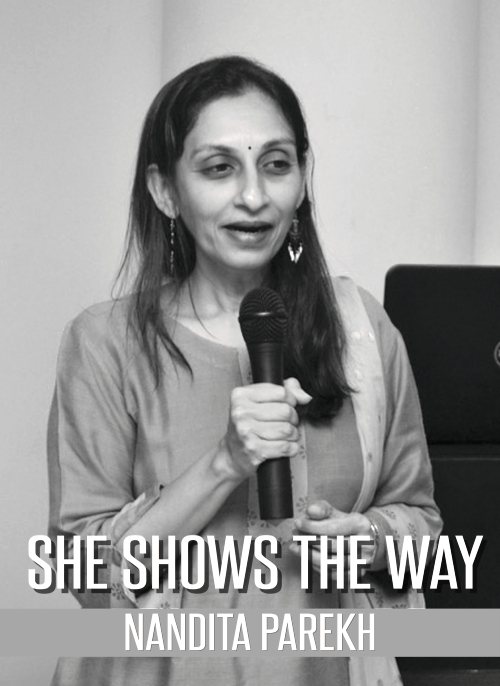Nandita Parekh
SHE SHOWS THE WAY
In June 1983, at Lords, a ragtag and bobtail outfit overcame 66:1
odds to win the Prudential World Cup. In faraway India, perfect
strangers came on the streets to hi-five each other on the country’s
historic moment. A newspaper headlined: Kapil’s Devils scale the
Mt. Everest of Cricket.
A few months later, in Jan 1984, an Indian schoolboy captioned his entry in an essay contest with the words, “Woman cracks the last bastion of male superiority.” Indeed, the title was juvenile, but it mirrored the phenomenal achievement of a 21-year-old lady. Nandita P Shah had just become the first woman to pocket the G P Kapadia gold medal for finishing first in the CA Final exam.
A few months later, in Jan 1984, an Indian schoolboy captioned his entry in an essay contest with the words, “Woman cracks the last bastion of male superiority.” Indeed, the title was juvenile, but it mirrored the phenomenal achievement of a 21-year-old lady. Nandita P Shah had just become the first woman to pocket the G P Kapadia gold medal for finishing first in the CA Final exam.
she married, did her MBA abroad, broad-based her CA-firm, fought for women empowerment in the profession, mentored youngsters, climbed mountains, travelled far and wide, and now leads a schedule she describes as “Retired from work, engaged with life!”

